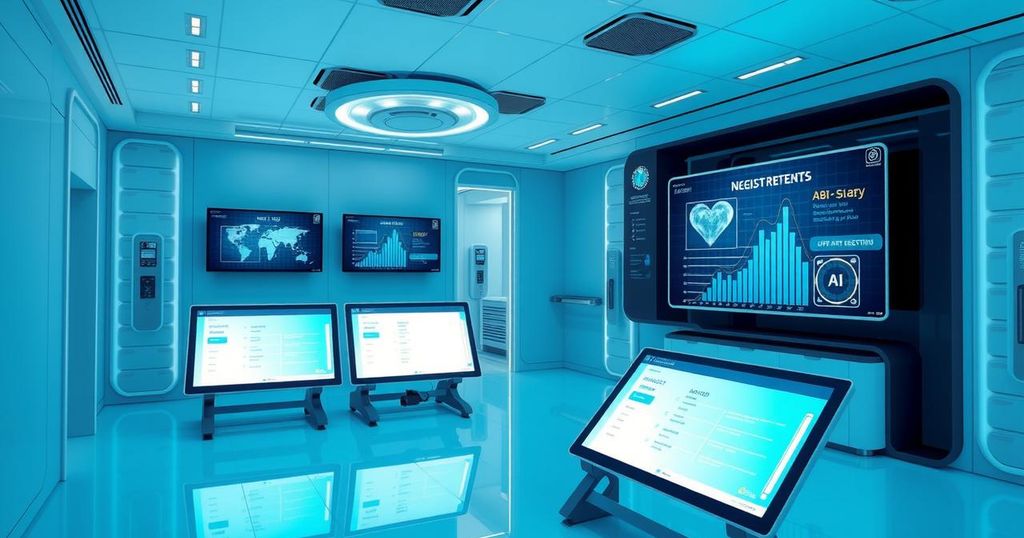AI Nurses Shape the Future of Healthcare Services
- AI nurses streamline patient interactions by analyzing medical records.
- Thonburi Healthcare Group is leveraging AI for enhanced registration processes.
- AI diagnostic tools help in identifying conditions via medical imaging.
- Investment in AI technologies poses both challenges and long-term benefits for hospitals.
- AI can potentially save the healthcare sector millions annually through efficiency gains.
The Rise of AI Nurses in Modern Healthcare Settings
Understanding the Role of AI Nurses in Healthcare Many people might wonder what it’s like to be treated by an AI nurse. Well, for those who have met one, the experience surprisingly holds steady with a conventional encounter, even though the warmth of a human touch isn’t there. AI nurses, utilizing cutting-edge technology, can swiftly dive into a patient’s medical history, pulling up medical records in a flash and providing guidance or diagnoses that can be remarkably on point. The aid doesn’t stop there—these systems can also work alongside sophisticated AI diagnostic tools, which sift through X-ray images, assisting doctors in observing and diagnosing various health conditions more effectively than ever before. This new frontier welcomes us to a world where technology increasingly merges with healthcare services to reshape the future of hospitals.
Innovative Pairing of AI Technology and Human Care
AI’s Expanding Influence on Medical Processes So, what exactly is an AI nurse? Contrary to what some might assume, it’s not your typical robot but rather a software application that facilitates nursing tasks. Increasing numbers of healthcare facilities are realizing the benefits of utilizing AI nurses to aid human nurses in various tasks, from clinical decision-making to administrative duties. Take the Thonburi Healthcare Group (THG), for instance, where they’re leading the charge in applying this technology along with a patient-friendly smart registration system. “Smart registration means patients can now quickly register their information using tablets or kiosks right at the hospital,” explained Pumipat Chatnoraset, THG’s CFO. This clever software, a result of collaboration between THG and Agnos Health, is designed to streamline the registration and help collect preliminary patient data. So, AI nurses can grab crucial information—like symptoms and current medications—allowing human nurses to dedicate their time to actual care and attention for patients, which is ultimately the heart of healthcare.
Navigating the Financial Landscape of AI Investments
Costs, Benefits, and the Future of AI in Hospitals Looking ahead, the situation isn’t without its challenges—hospitals are feeling the squeeze. Investment in AI technologies holds incredible potential to enhance patient care, but equally, it poses significant financial burdens. Mr. Pumipat pointed out that while the upfront costs are daunting, the long-term benefits could be substantial. After all, digital technologies boost efficiency and improve service delivery, providing patients with immediate access to healthcare information. The growing demand for healthcare combined with rising costs creates high pressure on hospitals to adapt. Still, industry analysis suggests that AI can considerably pare down healthcare costs, with estimates indicating potential savings of up to $360 million annually—around 5-10% in total spending.
In summary, the integration of AI into healthcare through innovative tools like AI nurses presents a revolutionary approach in how medical services are delivered. While the costs of adopting these technologies present real challenges, the long-term efficiency gains highlight a critical opportunity for hospitals aiming to meet growing patient demands. Ultimately, as medical centers invest in AI and other digital solutions, they’re not just enhancing service; they are also paving the way for more advanced, nuanced healthcare solutions tailored for the future.




